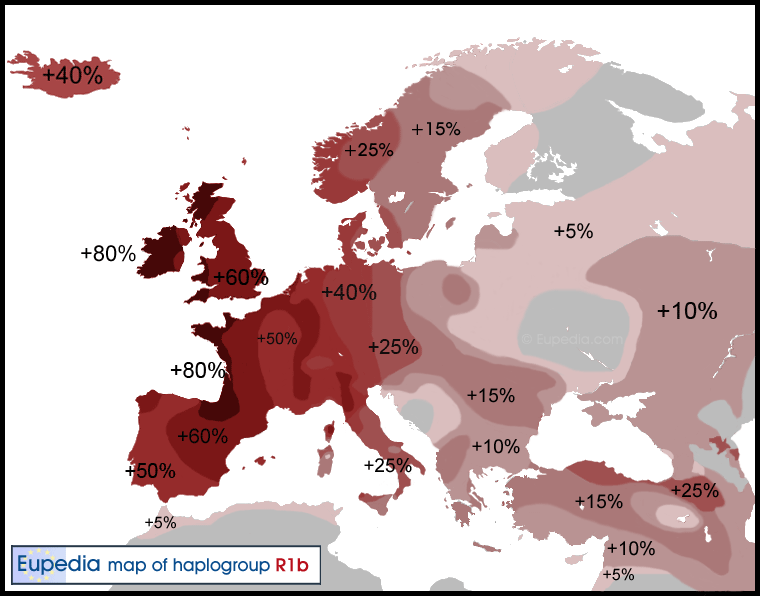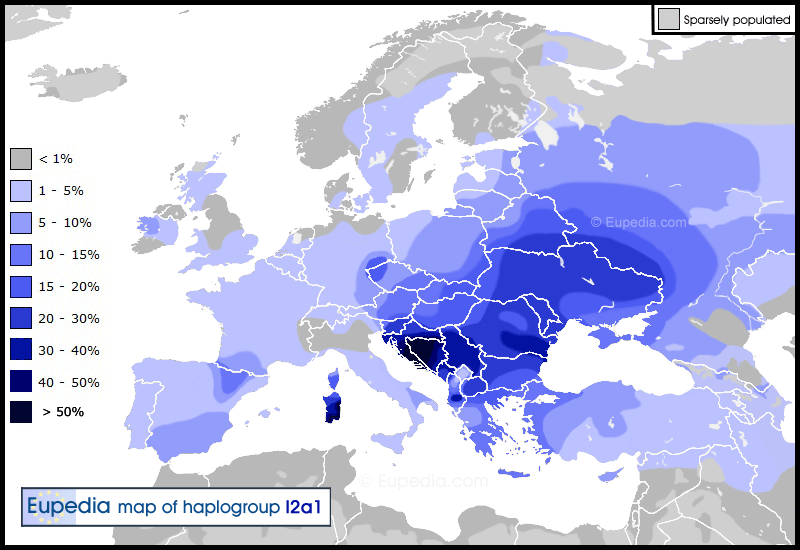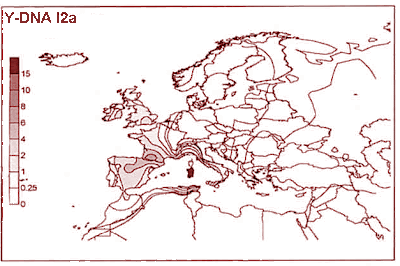i agree with mzungu mchagga, but there are clines of genes that are more present in certain areas, and they define also physical pheatures.
Europe without the region of the alpine chain would be poorer, with heavy industrialization only in england, ruhr, scandinavia and catalonia.
althought on the italian side of the alpine chain people are wealthy not because of industrializations and entreprises, but for the third sector and social right policies.
also people who live in the alps are loyal, honest, and great workers, this is true for all the people who lives there (germans, french, italians, austrians, etc..), because life in the mountain is not easy, in the past people lived on the valley between the mountains and a certain spirit of protection among the people of the valley is what makes this people with balls, mussolini said that the hardest workers and loyal people were the italians who lived in the alps.
)... the world population is destined to interbreed more and more, just like neanderthals interbreed with other humans in the past. some day all these useless racial clasifications will be obsolete.





